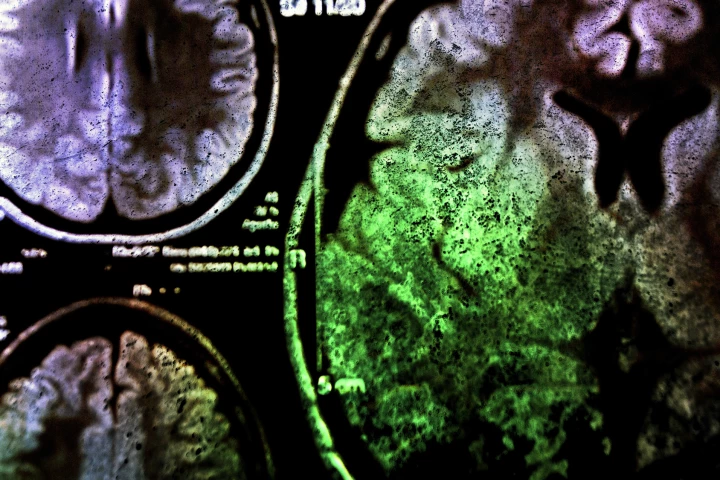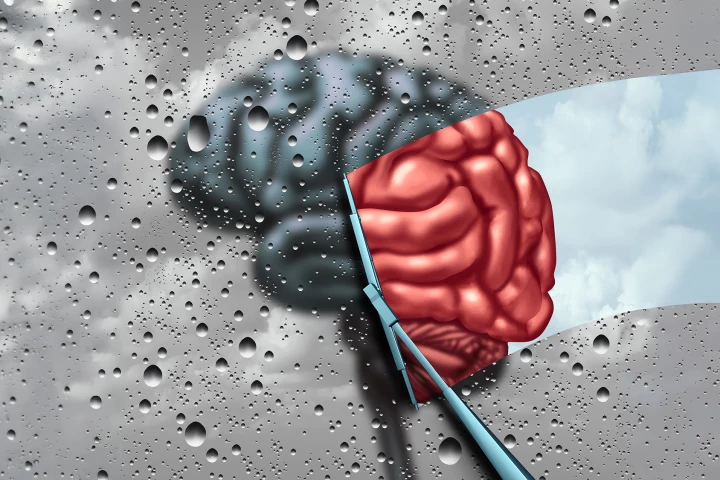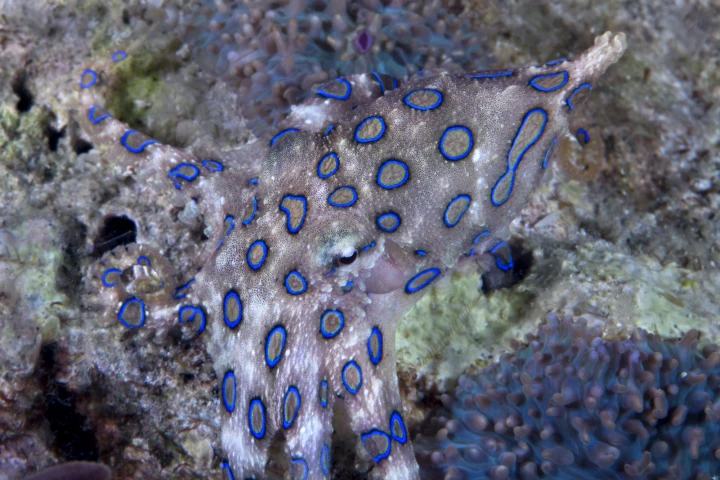UC Irvine
-
A new study offers hope for brain cancer patients facing memory loss from radiotherapy. By blocking a single immune receptor, scientists preserved cognition in mice without dulling the cancer-killing power of radiation.
-
A green tea extract and vitamin B3 combo may hold the key to reviving the brain’s natural cleanup crew, restoring energy, clearing toxic Alzheimer’s proteins, and giving aging neurons a second wind, according to new research.
-
Researchers have discovered a new type of tissue, a soft and flexible ‘fatty cartilage’ that could revolutionize the treatment of traumatic injuries, birth defects, and cartilage-damaging diseases like osteoarthritis, rheumatoid arthritis and lupus.
-
Inspired by the blue-ringed octopus, researchers have created a technology that rapidly changes color and appearance under various kinds of light, enabling camouflaging and signaling. The tech could be used in the military, medicine, and robotics.
-
In a significant development for brain health, scientists have found that hemorrhages can occur due to a faulty interaction between aged red blood cells and narrow capillaries. Injured or damaged blood vessels were thought to be the sole culprit.
-
A new study into the molecular mechanisms underlying hair growth has found that aging cells may be key. Their findings potentially open the door to developing new hair loss treatments that harness the innate abilities of these often-maligned cells.
-
Millions of planets have sides permanently bathed in the light of their star, and sides always cloaked in darkness. Between these two sides lies the "terminator zone," a logical place to search for extraterrestrial life, says a new study.
-
Dark matter remains elusive despite decades of searching. Now physicists have proposed a new experiment that would try to find signals by sending atomic clocks to where dark matter should be at its most dense – right near the Sun.
-
A new study suggests brain inflammation is the key factor linking sleep disturbances with Alzheimer’s disease. It's hypothesized the same overactive immune cells in the brain that contribute to cognitive decline can disrupt certain sleep cycles.
-
Scientists probing the intricate machinery behind hair growth have uncovered a previously unknown role for a signaling molecule, whose messages were found to be critical to new growth and could be leveraged to address hair loss in humans.
-
There's a belief that when someone loses one ability, another improves correspondingly. New research bears this out – in one scenario, at least – as it indicates that blind people remember spoken information better than their sighted counterparts.
-
The color-changing skin of the squid has inspired a new type of infrared-reflecting, metalized polymer film with tunable heat-management properties that could make it useful in everything from coffee cups to shipping containers.
Load More











